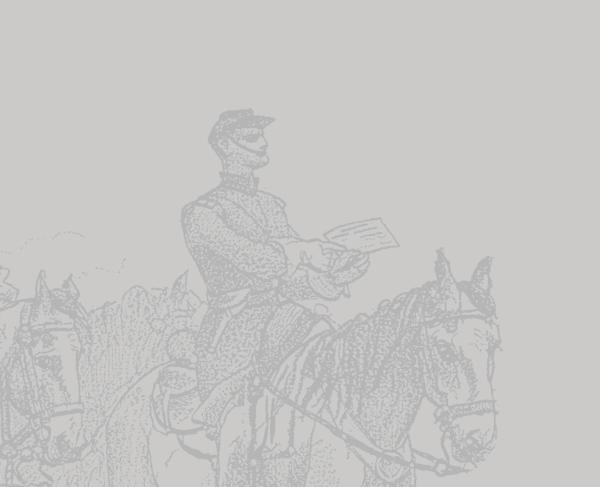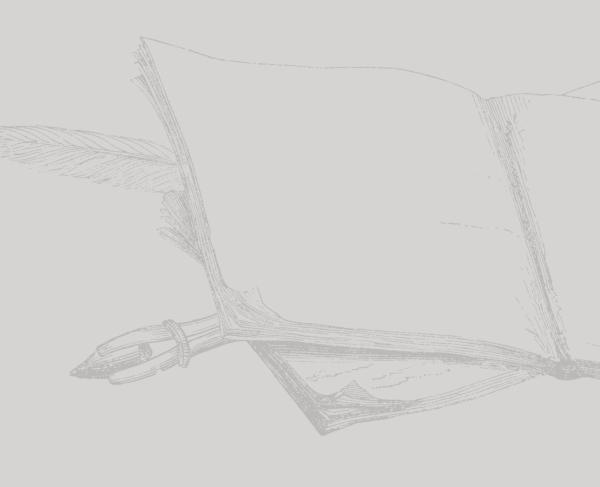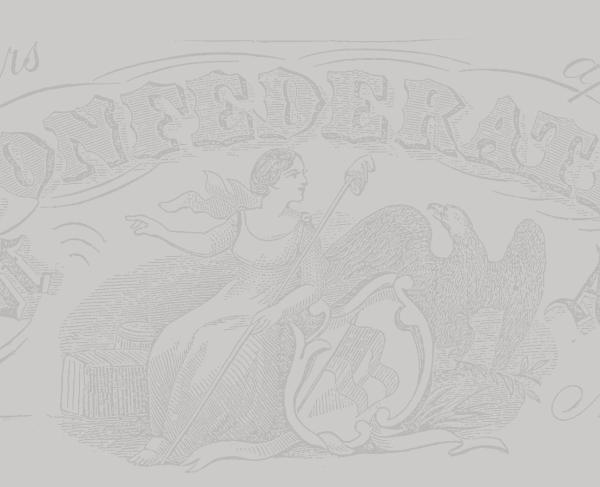1861: "Barracks at Sumter Set On Fire"

The following column appeared in the Gettysburg Compiler in Pennsylvania, reporting news updates received from Charleston, South Carolina, during the firing on Fort Sumter in April 1861. The news—printed on April 22, 1861—appears to be reprinted from a Charleston reporter or source and reflects some Southern sentiment.
Spelling, punctuation and emphasis are original.
Progress Of The Battle
Barracks at Sumter Set On Fire
War Fleet Unable To Render Assistance
Terrible Effects Of The Batteries
Unconditional Surrender Of Sumter
DEPARTURE OF MAJ. ANDERSON FOR N. YORK.
Blockade of Charleston.
THE SECOND DAY.
The Bombardment Resumed—The Battle Raging Fiercely—Fort Sumter Barracks on Fire
Charleston, April 13, A.M.—The battle was resumed this morning in earnest, and the cannonading is now going on fiercely from all points, both from the federal fleet outside the bar, and from the batteries along the coast.
The Barracks at Sumter are on fire!
Wilmington, N.C. April 13— We learn from Charleston that Fort Sumter was again attacked at daylight this morning, and the firing is tremendous from both the attacking and defending parties. The storm continues so severe outside that the federal fleet is unable to enter the harbor.
The Federal Flag at Half-mast—Signaling Distress to the Fleet.
Charleston, April 13, A.M.—Fort Sumter commenced to return fire at 7 o'clock this morning, and seems to be greatly disabled.
The battery on Cummings' Point does Sumter great damage. At 9 o'clock this morning a dense smoke poured out from Fort Sumter, and the Federal flag is at half-mast signaling distress to the fleet.
The shells from Moultrie and Morris Island fall into Anderson's stronghold thick and fast. They can be seen in their course from the Charleston battery.
The ships have not as yet opened fire.
Explosion at Fort Sumter—An explosion has occurred at Sumter. A dense volume of smoke was seen suddenly to rise from the fort.
Major Anderson has ceased to fire for above an hour. His flag is still up.
It is thought the officers' quarters in the fort are on fire.
Sumter is still burning. There have just been two explosions at Sumter.
The fire from Morris Island and Fort Moultrie is divided between Fort Sumter and the ships of war.
The breach made in Sumter is in the side opposite to Cumming's Point. Two of its port holes are knocked into one, and the wall from the top is crumbling.
Three vessels, one of them a large sized steamer, are over the bar, and seem to be preparing to participate in the conflict.
Charleston, April 13th,—The batteries on Sullivan's Island, Cummings' Point and Stevens' battery are pouring shot and shell into Sumter.
Anderson does not return the fire.
The ships in the offing have not yet aided Fort Sumter, and it is thought now to be too late for them to come over the bar as the tide is ebbing.
The Barracks a Sheet of Flame—Charleston, 12 o'clock noon.— The ships in the offing appear to be quietly at anchor They do not seem to have fired a gun.
The entire roofs of Major Anderson's barracks are on vast sheet of flame.
Shells from Cummings' Point and Fort Moultrie are bursting in and over Fort Sumter in quick succession.
The federal flag still waves.
Major Anderson appears to be occupied only in putting out the fire. Every shot seems to tell, and all are anxiously looking for Major Anderson to strike his flag.
Anderson's Men Engaged in Suppressing the Flames. —Charleston, April 13.—Fort Sumter is undoubtedly on fire. The flames are raging, and Anderson has thrown out a raft, loaded with men, who are passing up buckets of water to extinguish the flames. The fort is scarcely discernible for the thick cloud of smoke that veils it.
The men on the raft are new objects of fire of the battery on Morris Island.— With a good lass the balls can be seen skipping the water and striking the unprotected raft. Great havoc is created among the poor fellows.
It is surmised that Major Anderson is gradually blowing up the fort. He now scarcely fires a gun.
12:25 P.M.—The flames are now bursting from all the port holes of Fort Sumter. Its destruction is inevitable.
Information, deemed to be reliable, states that up to 10 o'clock today no one at Fort Moultrie had been killed.
Elven shots penetrated the floating battery below the water line.
The few shots which were fired from Sumter early this morning knocked the bricks from the chimneys of the officers' quarters at Fort Moultrie life chaff before a whirlwind.
It would seem that Major Anderson's only hope is to hold out for aid from the ships of war.
Two of the federal steamers are now making in towards Morris Island with the view of landing troops to silence the batteries there.
Movements of the War Fleet.—Charleston, April 13—1:30 P.M.—Four vessels—two of them large steamers—are in sign over the bar. The larger appears to be engaging Morris Island. The flames have nearly subsided in Sumter, but Major Anderson does not fire any guns just now.
General Beauregard left the wharf just now in a boat for Morris Island. The excitement is increasing if anything.
I have just read a letter from S.C. Boyleston, dated Moultrie, at 6 o'clock in this morning. He says that no man was killed or wounded. The iron battery has been damaged, but the rifled cannon of the battery did great execution to Fort Sumter. They were all aimed into Major Anderson's portholes. Three of Sumter's barbette guns were dismounted—one of them was a ten-inch columbiad. A corner was knocked off one of the walls.
The steamers Water-Witch, (the Harriet Lane is no doubt meant,) Mohawk and Pawnee are thought to have been the three first vessels seen in the offing.
The Flag at Sumter Struck.—Another correspondent says the bombarding has closed, and Major Anderson has drawn down the stars and stripes, and displays a white flag, which has been answered from the city, and that a boat is on the way to Sumter.
Charleston, April 13.—Fort Sumter has surrendered, and the Confederate flag floats over the walls. None of the garrison are hurt.
Fort Sumter Unconditionally Surrendered—The Fleet said to have made no Attempt to Reinforce Major Anderson.—Charleston, April 13, P.M.—Fort Sumter has been unconditionally surrendered. The news has just reached the city. Ex-Senator Chesnut, Ex-Gov. Manning and Wm. P. Miles have just landed with the tidings, and are being followed by a dense crowd of citizens wild with joy.
The federal flag was shot away by the Palmetto Guards at Morris Island. In all some 2,000 shots were fired at the fort.
It is still declared that no Carolinians have been hurt.
Major Anderson and his men, under guard, were conveyed by boats to Morris Island.
The bells are now ringing out a merry peal, and our people are engaged in every demonstration of joy.
It is estimated that there are nine thousand men under arms on the Island and in the neighborhood.
General Beauregard with two aids have left for Fort Sumter, and will report on their return. Three fire companies from Charleston are on their way to Fort Sumter to quell the fire before it reaches the magazine.
Judge Magrath has just returned from Fort Sumter. He reports the wood work and the officers' quarters all burnt out.—None of the officers were wounded.
The Fort will be taken possession of tonight by the Confederate troops.
Lieut. Wooden, who is prisoner here, has been compelled to give up to the Secretary of War his dispatches from Lieut. Slemmer to the government at Washington. The Attorney General's opinion is requested as to the law in his case. He violated a promise to report to General Bragg other dispatches, and failing to report himself on his return.
The Fairfield regiment, 1,000 strong, arrived here today, and are now on their way to Morris Island. There are now ten thousand men under arms in the harbor and on the coast.
I have just seen Lt. Porcher Miles, who went with a white flag to Fort Sumter, and who has just returned. He assures me that no one was killed at Sumter. This is reliable and puts at rest all previous reports about Sumter.
Major Anderson has reached the city, and is a guest of General Beauregard.
Our people sympathize with him, but abhor those who were in the steamers off our bar, and in sight of our people, and did not even attempt to reinforce him.
Source:
"The Second Day," Gettysburg Compiler, April 22, 1861, Page 2. (Accessed through Newspapers.com)


